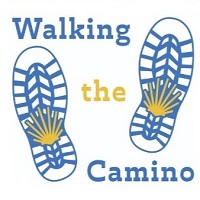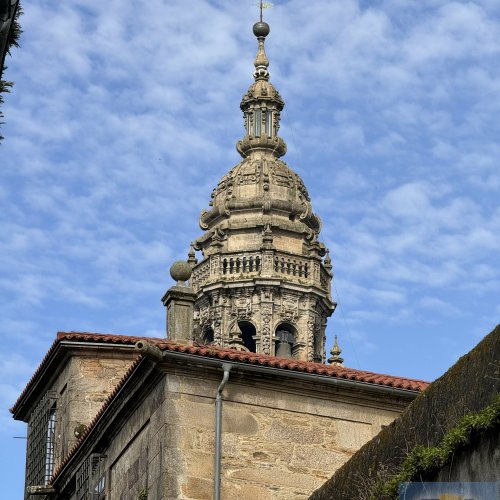A friend of mine has asked me whether I've heard anything about a new law in Galicia that will prohibit (or regulate) short term apartment (less than one month) vacation rentals. I did a bit of googling and saw that this is indeed a topic that the Xunta is going to consider, but I can't find any information on whether anything has passed, or even whether any specific bill has been introduced.
http://www.laopinioncoruna.es/galicia/2016/09/16/decreto-regula-alquiler-pisos-turistas/1107081.html
Anyone know anything about this? Thanks, buen camino, Laurie
http://www.laopinioncoruna.es/galicia/2016/09/16/decreto-regula-alquiler-pisos-turistas/1107081.html
Anyone know anything about this? Thanks, buen camino, Laurie
















